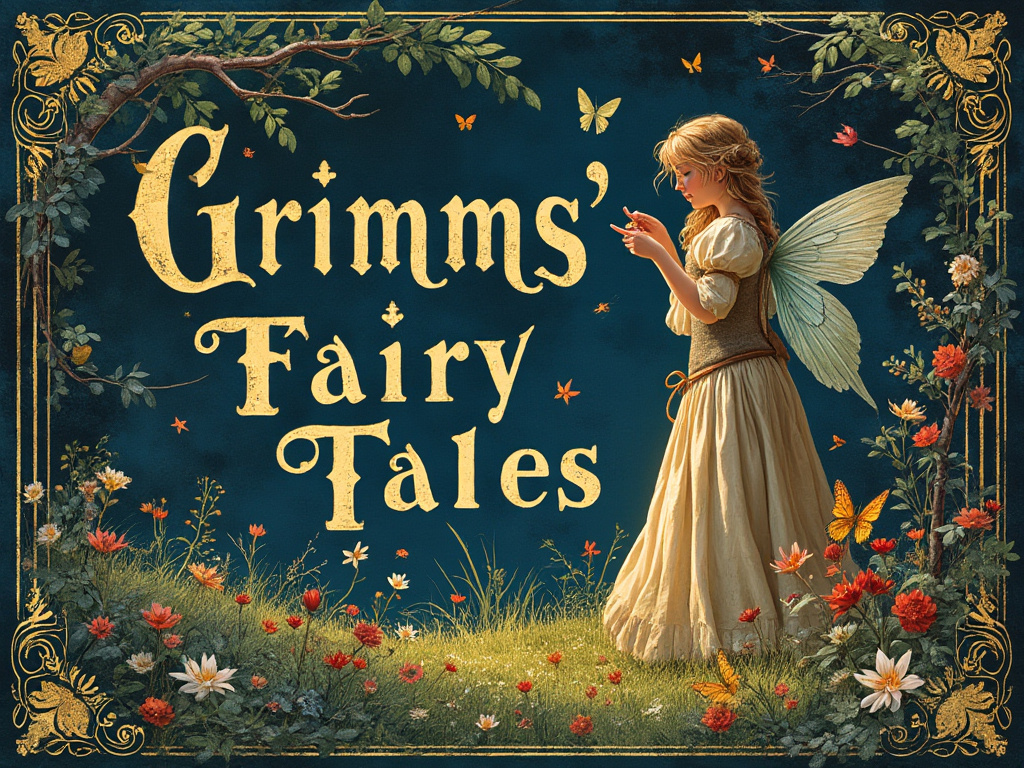Ulysses by James Joyce is often hailed as one of the most important works of modernist literature. The novel, published in 1922, is celebrated for its stream-of-consciousness technique and richly detailed depiction of a single day in the life of its protagonist, Leopold Bloom. In Ulysses, Joyce masterfully intertwines the ordinary with the mythological, drawing inspiration from Homer’s Odyssey to structure his narrative.
Set on June 16, 1904, Ulysses takes readers through various episodes in Dublin, mirroring the adventures of Odysseus. Joyce’s use of innovative narrative techniques and deep exploration of the characters’ inner thoughts make Ulysses a challenging yet profoundly rewarding read. The novel’s rich symbolism and intricate allusions provide a dense tapestry that scholars and readers continue to analyze and interpret.

A Day in the Life of Leopold Bloom
One of the most remarkable aspects of Ulysses is its detailed and immersive portrayal of a single day. Leopold Bloom, the novel’s protagonist, embarks on his own odyssey through the streets of Dublin. As Bloom navigates his day, readers are given intimate access to his thoughts, memories, and encounters. This stream-of-consciousness technique allows Joyce to delve deeply into Bloom’s psyche, revealing his complexities and vulnerabilities.
James Joyce’s Ulysses is not only a journey through the physical landscape of Dublin. It also takes us through the inner landscapes of its characters. The novel introduces Stephen Dedalus, a young artist grappling with his identity and purpose. It also introduces Molly Bloom, Leopold’s wife. Her soliloquy at the end of the novel is one of the most famous passages in literature. The interplay between these characters adds depth and richness to the narrative, making Ulysses a multifaceted exploration of human experience.
Innovative Narrative Techniques and Themes
James Joyce Odysseus, like the Greek hero, faces various trials and tribulations, but his journey is far more internal. The novel’s innovative narrative techniques, such as the stream-of-consciousness and shifting narrative styles, reflect the complexities of the characters’ inner lives. Each chapter of Ulysses employs different literary styles. For example, “Circe” uses a play-like structure, while “Ithaca” follows a question-and-answer format. These elements showcase Joyce’s virtuosity and creativity.
The themes of Ulysses are as varied as its narrative techniques. The novel explores identity, nationalism, religion, and the nature of time and existence. The mundane events of Bloom’s day are elevated through Joyce’s intricate weaving of mythological, historical, and literary references. The parallels between Bloom’s journey and Odysseus’s adventures underscore the universality of human experience, bridging the gap between the ancient and the modern.
The Significance of Ulysses
Ulysses has been both celebrated and controversial since its publication. The novel’s frank depiction of bodily functions and sexual thoughts led to its being banned in several countries, including the United States. However, its groundbreaking literary techniques and profound exploration of human consciousness have cemented its place in the canon of great literature.
The writer of Ulysses, James Joyce, crafted a work that continues to inspire and challenge readers. Joyce’s meticulous attention to detail and his ability to capture the essence of Dublin and its inhabitants make Ulysses a vivid and immersive read. The novel’s complexity and richness have made it a focal point for literary scholars, who continue to uncover new layers of meaning in its pages.
Enduring Legacy and Influence
Ulysses has had a lasting impact on literature and culture. Its experimental techniques have influenced countless writers and its themes resonate with readers across generations. The novel’s celebration of the ordinary and its deep humanism make it a timeless work. Bloomsday, celebrated annually on June 16th, is a testament to the enduring legacy of Joyce’s masterpiece, with fans around the world paying homage to the events of Ulysses.
For those embarking on the journey of reading Ulysses, it can be a daunting but ultimately rewarding experience. The novel’s richness and depth offer endless opportunities for exploration and discovery. Whether approached as a literary puzzle or a profound meditation on the human condition, Ulysses remains a landmark work in the world of literature.
You might be interested in reading this Book Review as well. In conclusion, Ulysses by James Joyce is a monumental achievement in literature. The novel’s innovative narrative techniques, deep character exploration, and rich thematic content make it a masterpiece that continues to captivate and inspire. Joyce’s ability to elevate the ordinary and intertwine it with the mythological creates a unique and powerful reading experience.
More Book Reviews on NFTBOOKS platform is HERE.







